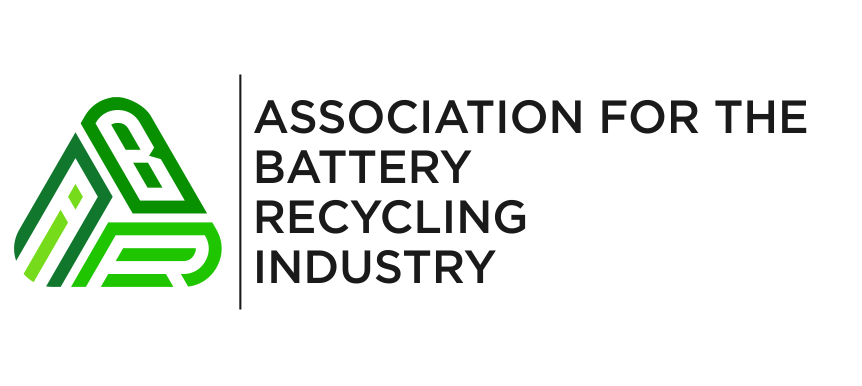ABRI welcomes NSW leadership on next milestone tomandatory battery producer responsibility – quick action is key
17 October 2025 The Association for the Battery Recycling Industry (ABRI) welcomes the NSW Government’s delivery of a major milestone in advancing battery regulation and producer responsibility, following the launch of the EPA’s public consultation on the draft Product Lifecycle Responsibility Regulation.
The draft regulations proceed under the Product Lifecycle Responsibility Act 2025 (now law in NSW), which enables the Government to require that producers take responsibility for products they placeon the market. Batteries are the first classes of products proposed to be regulated.
ABRI CEO Katharine Hole says this consultation is a pivotal moment as it sets out the details on how product owners comply and the rules around their participation. “Mandatory producer responsibility is essential to address Australia’s growing battery waste, fire and safety risks. Importantly, long term it is about critical minerals and secondary metals production. This regulation is the mechanism by which we can move from voluntary goodwill to enforceable, nationwide action,” she said.
“We commend the NSW Government for leading this agenda. But the success of the scheme will depend on strong, transparent regulation that gives industry certainty and safeguards community safety. Timely implementation is an absolute necessity to rapidly drive improvements in battery disposal safety.”
Key Features & Opportunities in the Draft Regulation
The draft regulation and supporting Regulation Impact Statement (open for feedback until 5pm Friday, November 14, 2025) provides the next layer of details for regulating batteries under the new scheme.
Below are some of the key features in the draft:
Scope and coverage: Proposed to apply not only to small standalone batteries, but also to embedded batteries in e-micromobility devices.
Action plans, reporting and transparency: Brand owners and product stewardship organisations will be required to submit action plans, maintain records, report performance, and be subject to audits
Enforcement and penalties: Noncompliance with stewardship requirements, reporting, or action plan obligations may attract penalties. The draft contemplates declaring certain requirements as “safety requirements,” which typically carry stiffer sanctions.
Our Position & Call to Action
ABRI recognises that this framework is an essential next step in underpinning increased battery
recycling and material recovery rates. To that end:
We strongly support clear, practical, and enforceable obligations that give confidence to all parts of the battery value chain.
We will rigorously review the draft regulation and submit detailed feedback during the consultation window.
We encourage all stakeholders across the battery supply, use and recycling chain (manufacturers, importers, recyclers, councils, emergency services, and the broader community) to engage in this consultation.
ABRI will bring its industry expertise to reviewing the regulation and consider how the draft’s proposals around transitional timelines, targets, scope, compliance mechanisms, safety requirements, and funding mechanisms will drive continuous improvement.
“NSW’s regulatory framework will set an important precedent for other jurisdictions. To support streamlined implementation, it is critical that a cookie cutter model is adopted across Australia,” Ms Hole said.
“ABRI’s experience to date suggests that differences in regulatory details support non-compliance and add costs to business. By moving swiftly and collaboratively with a clear commitment to harmonisation, we can build a robust, safe and world-class battery producer responsibility system.”
